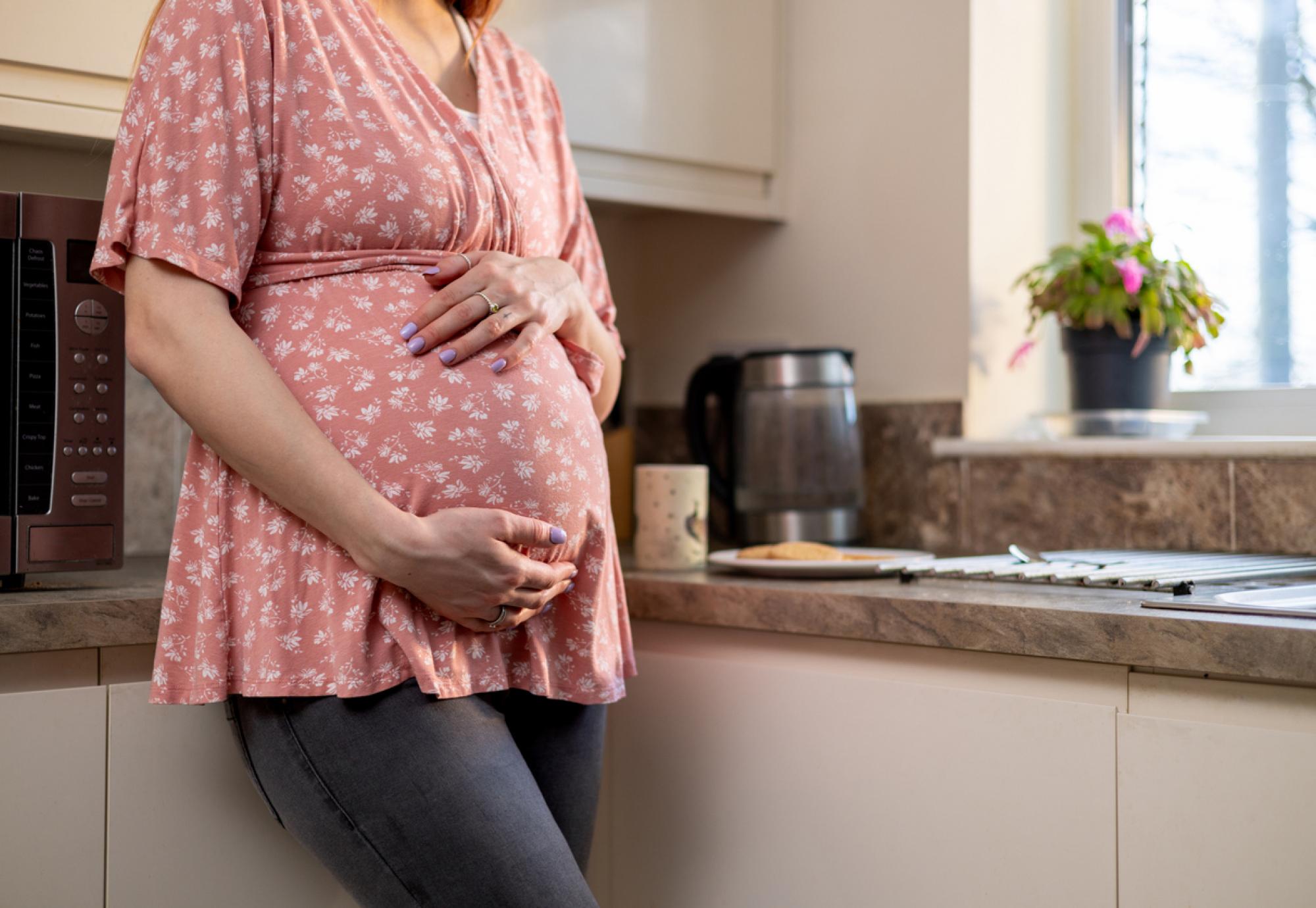The Royal College of Midwives (RCM) has launched a new Maternity Disadvantage Assessment Tool (MatDAT) for the midwifery workforce.
With a growing number of pregnant women experiencing more social complexities, RCM has developed MatDAT not only to ensure they receive the right care, but also the right support from other agencies.
There is a growing body of evidence demonstrating the impact of disadvantage, such as poverty and poor housing on pregnancy and birth outcomes, which means a multi-agency approach is needed.
Launched at RCM’s annual conference in Liverpool, MatDAT will provide midwives across the UK with a standardised assessment tool to provide better support to the women in their care.
The tool also includes a modifiable template for maternity services at a local level to map and plan the support services that are available for women and their families experiencing social disadvantage.
“RCM members right across the UK have told us they are seeing more and more women with social complexities,” said RCM’s midwifery, policy and practice director, Sally Ashton-May.
“This impact that this has on the health and wellbeing of women and families during pregnancy cannot be underestimated.
“MatDAT will support midwives to deliver care that is more woman-centred and responsive to needs. The scale of complexity means we must work in partnership with other health and social care professionals and national organisations.”
She added that MatDAT will link midwives with appropriate services and external agencies for additional support.
The RCM says while the MatDAT is a standardised tool for assessing social complexity it will also provide a helpful scoring system for midwives to identify individual women’s needs, on a scale from one to four.
- One – those ‘thriving’ with no mental or physical health issues and good family support
- Four – those women and families at risk of immediate harm, and who have an acute level of unmet complex needs and safeguarding issues that require urgent intervention
Using this scale supports midwives to determine the subsequent level of care and intervention women may require.
MatDAT has been developed in partnership with Lambeth Early Action Partnership (LEAP) which is supported by The National Lottery Community Fund and The National Childrens Bureau.
“Until now, midwives have not had a tool for assessing social needs in the same way that GPs and health visitors do,” said Carla Stanke, LEAP public health specialist when speaking at RCM’s conference.
She added: “This new tool can now be used during routine midwifery appointments to enable midwives to identify social risk factors more consistently.
“Once implemented on a wider scale MatDAT could positively impact maternity equity, especially for pregnant people women facing social complexities.
“Earlier identification and support of social risk factors during pregnancy can result in fewer inequalities and greater health equity for pregnant women and their babies.”
Image credit: iStock



















